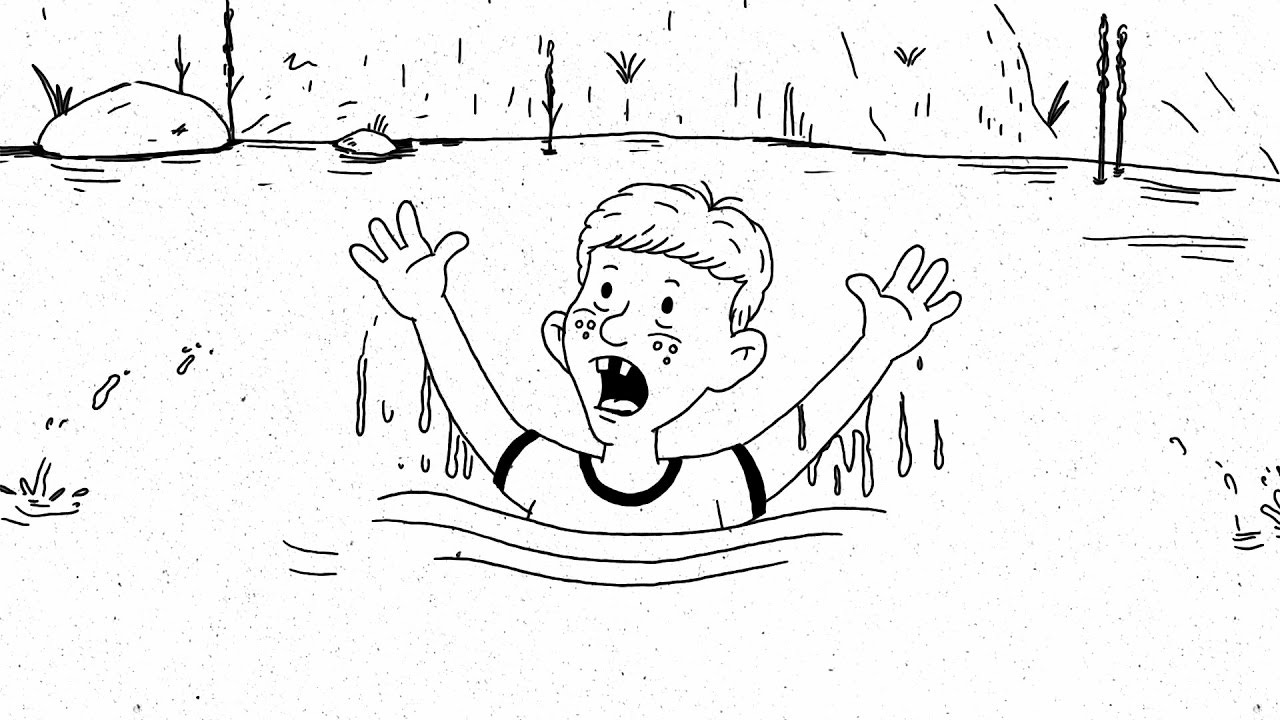Introduction
In this article, I am going to present a critique of the Effective Altruist movement. A significant focus of Effective Altruism is to save current human lives in the most effective way possible. However, I argue that this focus is misguided, given the immense harm that the average human inflicts on other sentient beings.
Effective Altruism
Effective altruism (EA) is a philosophical and social movement that emphasizes using evidence and reason to determine the most effective ways to benefit others and then acting on those findings. It seeks to identify and address the world's most pressing problems by allocating resources—such as time, money, and skills—in ways that maximize positive impact.
Key Principles of Effective Altruism
Cause Prioritization: Systematically evaluating and comparing different causes to determine where efforts can achieve the greatest good. This involves assessing factors like scale, tractability, and neglectedness of issues.
Evidence-Based Decision Making: Using empirical data and rigorous analysis to guide actions, ensuring that interventions are effective and resources are used efficiently.
Cost-Effectiveness: Maximizing the impact of resources by selecting interventions that provide the greatest benefit per unit of input.
Approaches within the Effective Altruism Movement
Strategic Philanthropy: Donating to organizations and initiatives identified as highly effective in addressing critical issues. For example, supporting charities that combat malaria through the distribution of bed nets, which has been shown to save lives cost-effectively. EA will often promote websites such as "The Life You Can Save” which will help you make the most efficient donations.
Career Choice: Pursuing careers that contribute significantly to solving pressing problems, either through direct work or by "earning to give" — a strategy where individuals pursue high-earning careers to donate substantial portions of their income to effective causes.
Advocacy and Research: Engaging in activities that promote effective altruism principles, such as conducting research to identify high-impact interventions or advocating for policies that address global challenges.
Peter Singer’s famous 1972 article “Famine, Affluence and Morality” is often credited to be the article that inspired the foundation of Effective Altruism. Here a picture of Peter Singer :
Popular Cause Areas in Effective Altruism
Global Health and Development: Addressing issues such as extreme poverty, preventable diseases, and access to education in low-income countries.
Animal Welfare: Reducing the suffering of non-human animals, particularly those affected by factory farming and industrial agriculture.
Long-Term Future and Existential Risks: Mitigating risks that could threaten humanity's future, including those posed by artificial intelligence, pandemics, and climate change.
I find EA to be, for the most part, a very reasonable and admirable project. I agree with most of its principles and ideas. However, I believe it fails in one significant respect. Let me explain.
My Critique of the EA Movement
The "drowning child" thought experiment is a well-known philosophical scenario often used to argue for charitable giving and effective altruism. It asks us to imagine walking by a shallow pond where a child is drowning. You can easily save the child without much cost to yourself—perhaps getting your clothes dirty—but if you walk away, the child will die. It seems clear that saving the child is the right thing to do, even if it costs you, let’s say, your 500 dollards new shoes in the process. This intuition is extended to suggest that we should save lives through charitable giving when the cost to us is similarly low.
Now, consider a modified version of this experiment: You are walking by the same shallow pond, and a child is drowning. However, you have reliable knowledge that, if saved, this child will very likely grow up to become someone who causes the suffering and deaths of thousands of others. In this case, it seems quite clear that saving the child would be morally wrong. This transformation of the thought experiment mirrors the central concern I want to raise with the EA movement.
I estimated that the average human is responsible for the deaths of approximately 223 animals per year, including both land and marine animals. This means that a single human can perpetuate the suffering and deaths of thousands of animals over the course of their lifetime.
If we reject speciesism—and give serious moral worth to animals, let’s say a moral value approximately equating the one of humans with similar mental lives (e.g., children or individuals with cognitive disabilities)—the ethical implications of saving human lives become deeply troubling. By saving one human life, we enable the suffering and deaths of thousands of animals.
By considering this, the average human contributes to an enormous amount of harm. While ignorance or lack of intent may reduce moral culpability, it does not negate the outcomes. This raises a critical question: should we actively save and extend human lives if doing so exacerbates harm to other sentient beings? Would we advocate for saving a human life if we knew that the person would cause the suffering and death of thousands of other humans during their lifetime ? If not, why would we advocate for saving the human life while they are causing the suffering and death of thousands of animals during their lifetime ?
Given the scale of harm caused by human consumption and behavior, it is worth reconsidering the current focus of many EA-aligned charities on human welfare. If we accept that non-human animals deserve serious moral consideration, then supporting human-centric charities appears ethically absurd. Until veganism or other harm-reducing lifestyles become widespread, saving human lives may inadvertently contribute to more harm than good.
Conclusion
The Effective Altruism movement has made incredible strides in encouraging thoughtful and impactful giving. However, its current focus often overlooks the indirect consequences of saving and improving human lives. By adopting a more inclusive ethical framework—one that considers correctly the value of non-human animals and the harm caused by human actions to them—we can ensure that our charitable efforts truly maximize good.
For now, it is more ethical to focus on promoting veganism and supporting animal-centric charities, rather than supporting human-centric charities. If veganism becomes more widespread and speciesism declines, the balance of this equation may shift. Until then, saving the average human life may well be a bad idea.
Note :
After having posted this article, I discovered that a very similar topic has been discussed a little bit already in the EA literature, it is sometimes refered to as “The Meat Eater Problem”. An example of this literature is this article by the philosopher Michael Plant.







Interesting argument. I have multiple worries about the conclusion (just a quick sketch):
1. Adhering to consequentialist ethics is required.
2. Eugenics / social darwinism / indirect ethnic cleansing. It's really hard to not think of these highly unethical practices when we are talking about reducing the population of Africa / the middle east (where most of the humans helped by charities probably live) by letting people suffer and die.
3. Charities go to the poorest countries. I would think these countries consume way less animal products than rich countries and thus create less animal suffering.
Hi! Your article brings out an important consideration, but misses perhaps an even larger one: if we think it is bad that someone's existence causes animals to be born into lives of horrendous suffering, we should also think it should be bad, in general, to cause animals to be born into lives of horrendous suffering. There being less humans on earth, would mean, on balance, many many more wild animals leading lives that are generally horrible : the amount of terrible animal lives prevented by a single human could be much more than we imagine : https://reducing-suffering.org/humanitys-net-impact-on-wild-animal-suffering/ In short : it could turn out that a human living their entire lives out prevents many more lives of animal suffering than it causes. (There are interesting counterarguments to this, like the painist claim that the life of a caged hens is lexically worse than that of a wild anchovy).
You're touching on something important in general, but I think we should go further in examining the consequences of action and inaction: and this is precisely something that I think only effective altruists and individuals who are adjacent to the movement have tried to do in a satisfying way : see https://forum.effectivealtruism.org/posts/cypLFJNbsngcDgJqm/the-harm-cascade-why-helping-others-is-so-hard . Overall, the argument this article makes simply reinforces the utmost importance of EA.